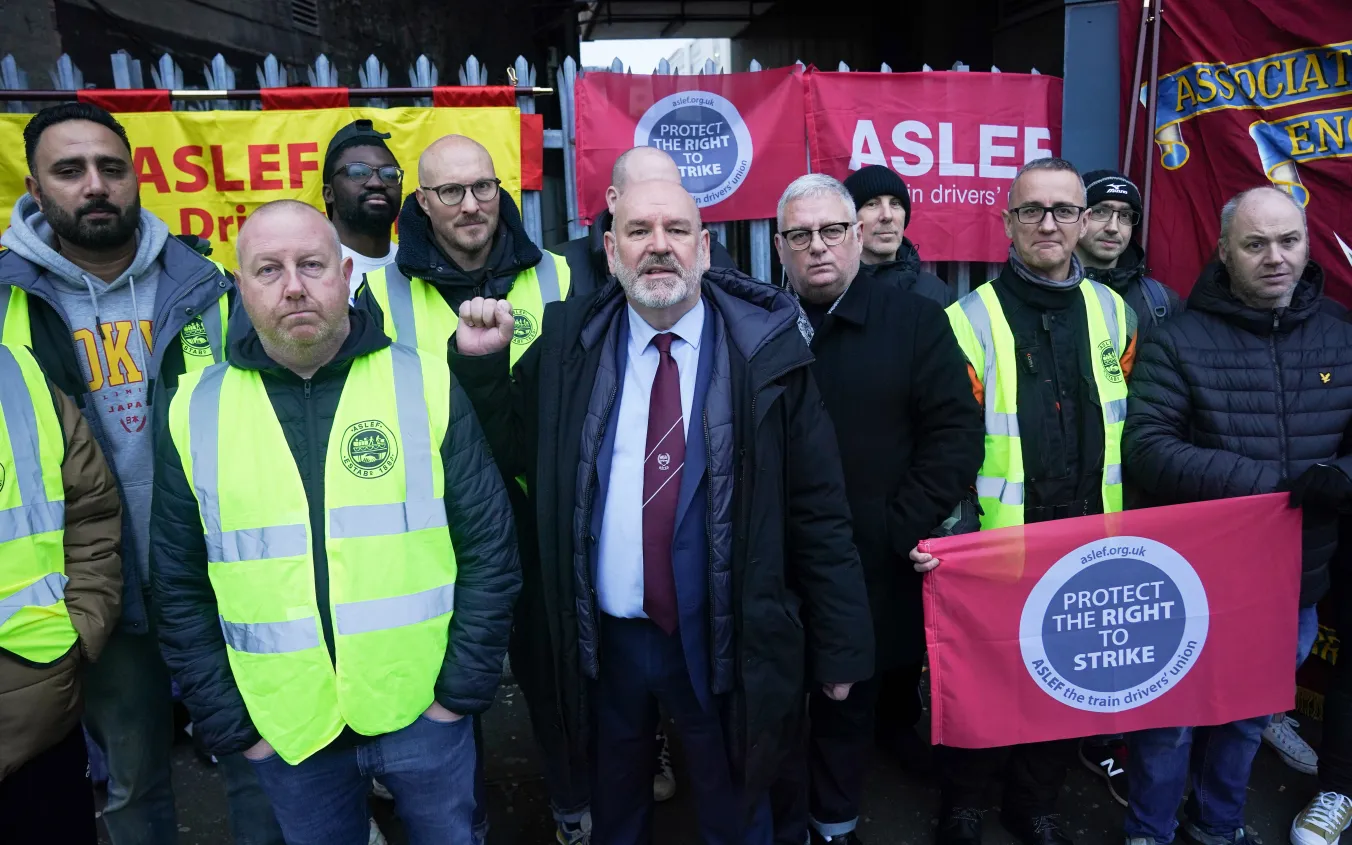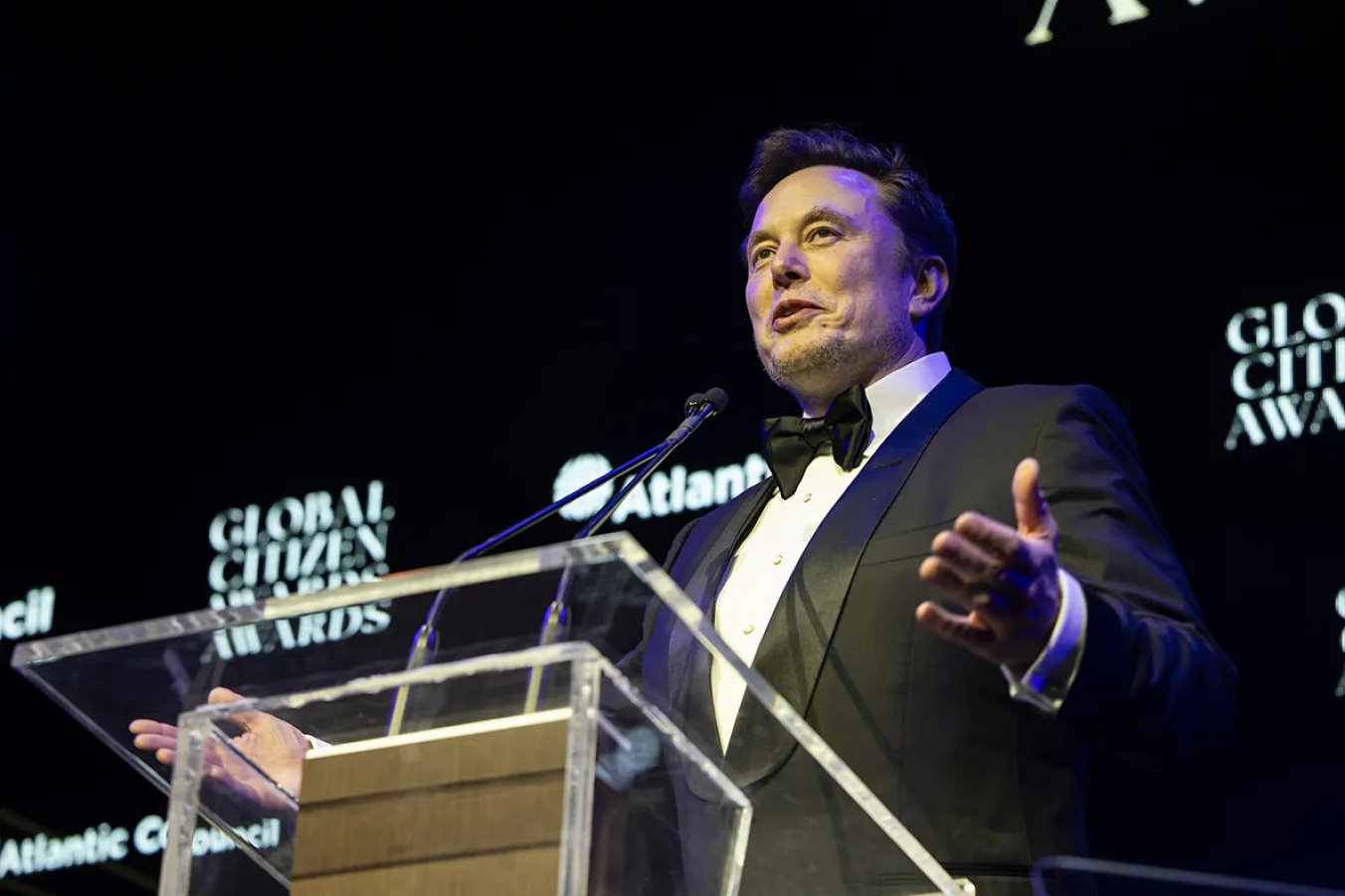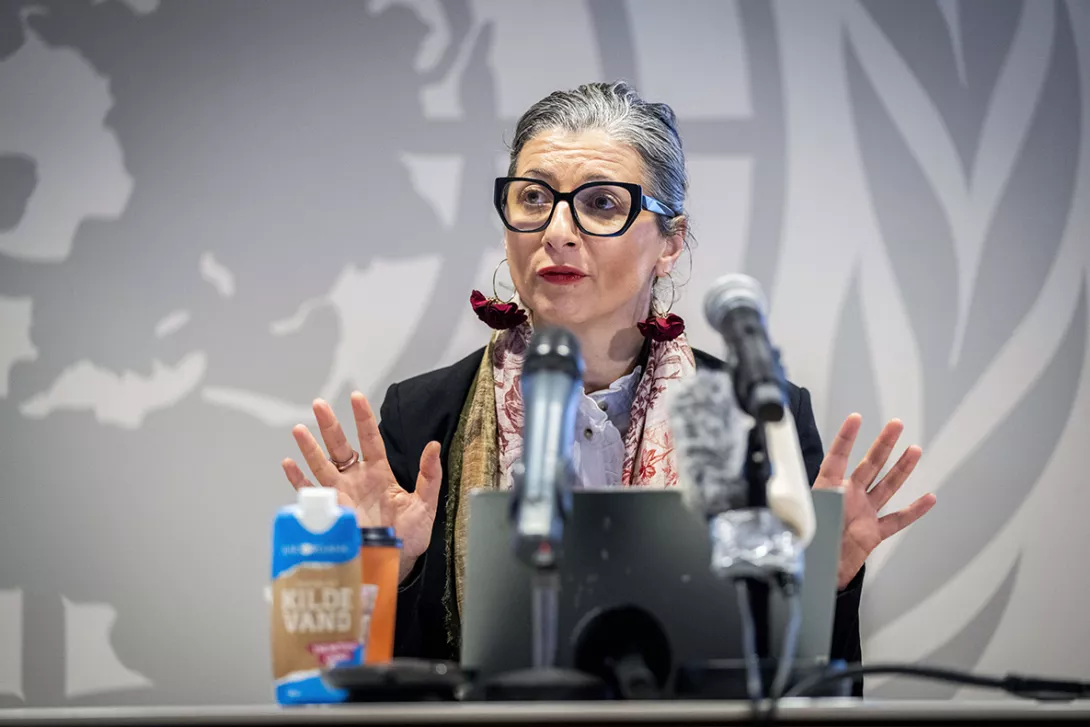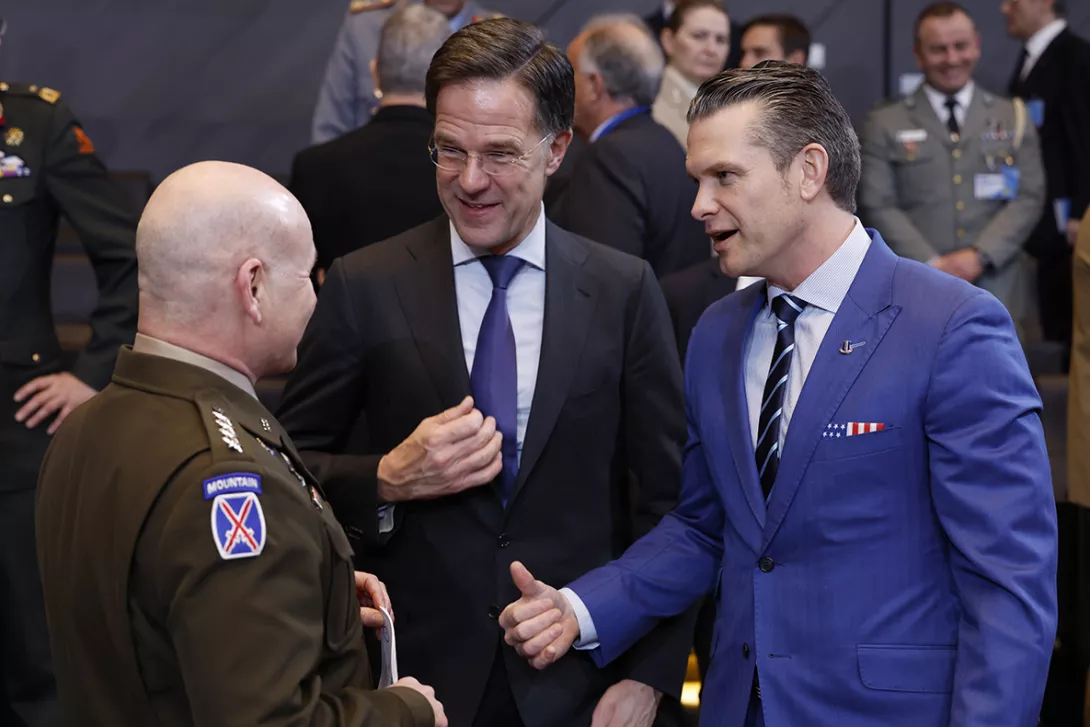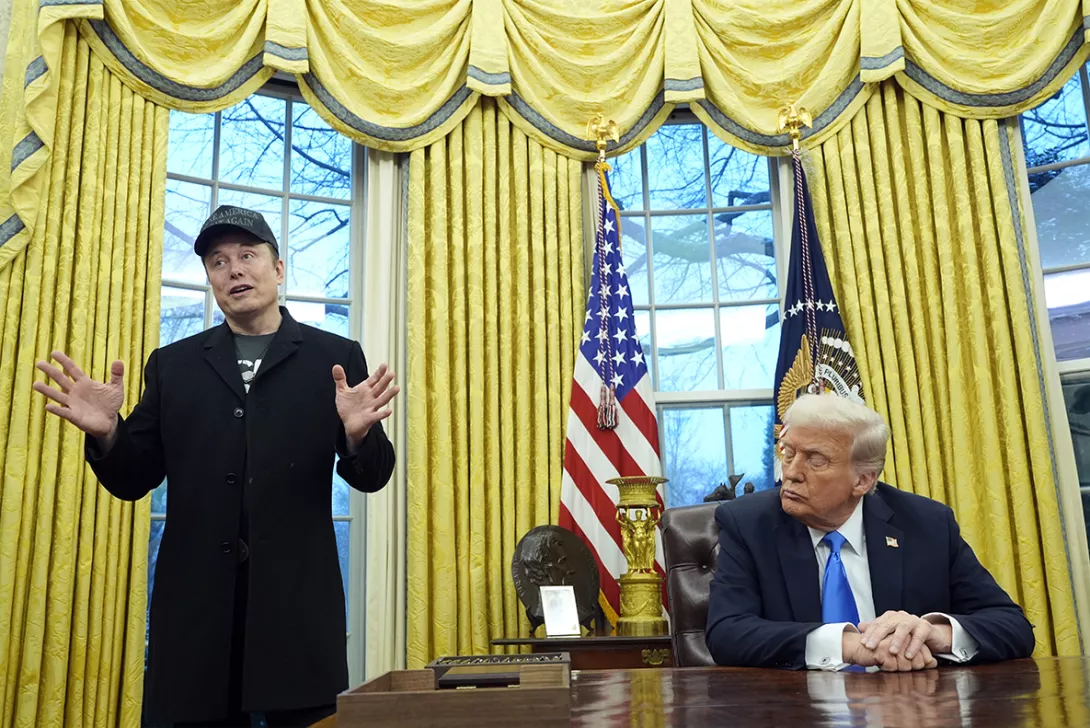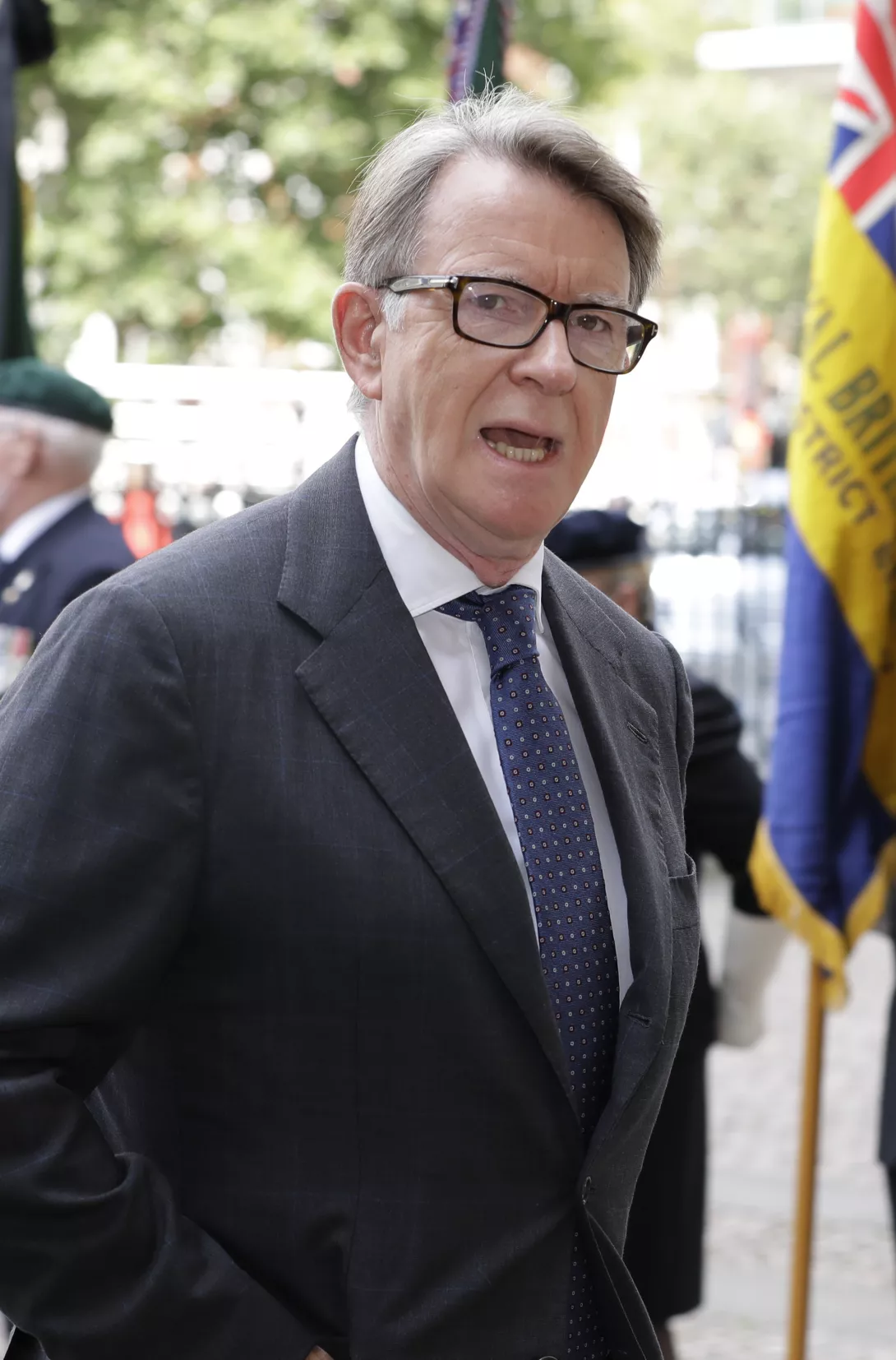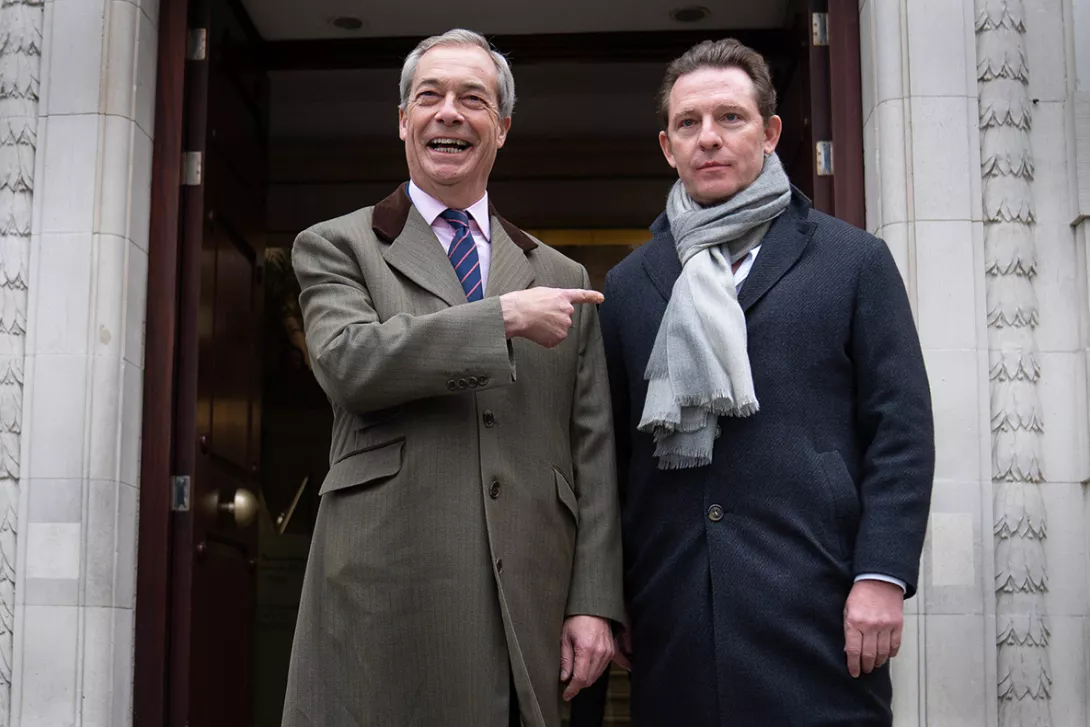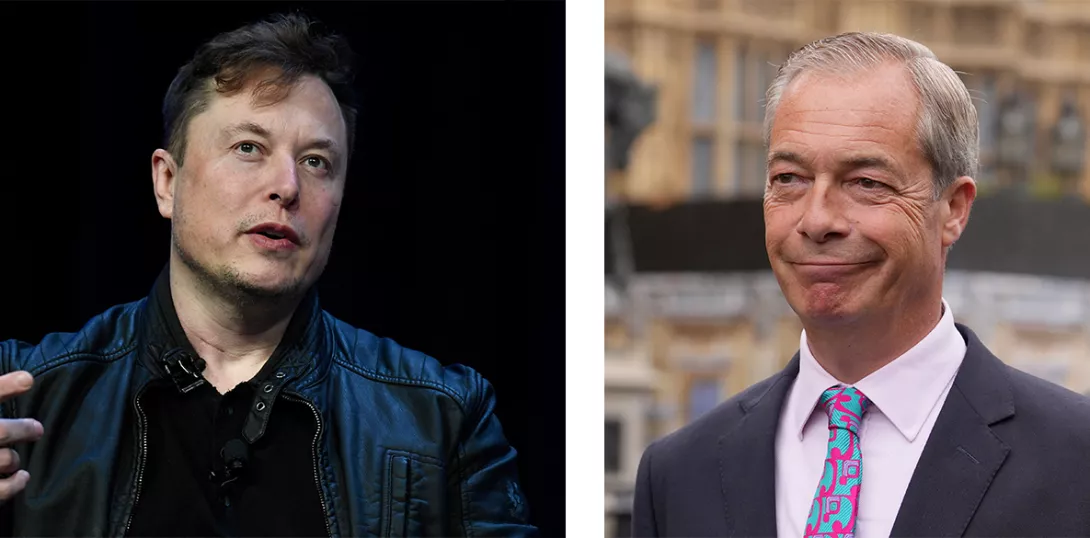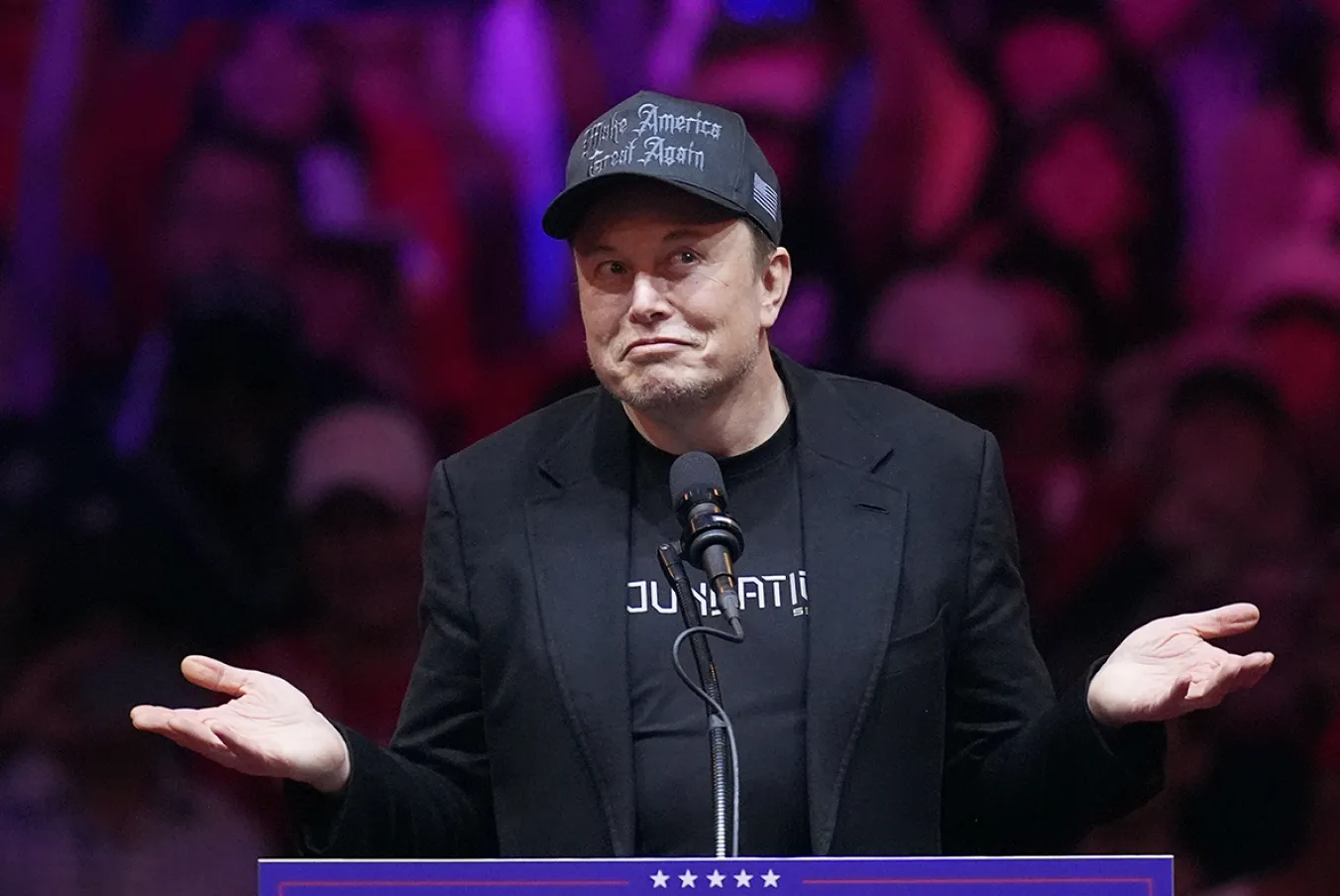
ELON MUSK’S threatened $100 million (£80m) donation to Nigel Farage highlights two things.
One is the level of US influence over Reform UK. The other is an even more serious problem: the role of big money in politics.
Reform’s links to the US are clear. Nigel Farage has made multiple trips to the country in his few months as an MP, and received free services from PR firm CapitalHQ, linked to former Donald Trump adviser Steve Bannon.
There is real ideological sympathy between these white nationalist politicians, but it rests on a material basis.
US corporations have an interest in the privatisation of British public services, especially the NHS, which has already signed contracts worth hundreds of millions with US-based spy-tech firm Palantir to manage patient data.
Trump and his allies are keen to expand the role of private US healthcare providers in delivering NHS services: a model free-trade agreement with Britain included in Project 2025, the Trumpian “blueprint for power,” specifies NHS services must be on the table in any such deal.
We are not safe from the rapacious US healthcare industry under the current government: US companies are already in the NHS. Health Secretary Wes Streeting’s predilection for further outsourcing to the private sector is on the record.
Even so, Reform UK’s commitment to deepening privatisation, including through issuing patients vouchers for private healthcare as a replacement for NHS services, aligns totally with the agenda of the Trump administration — in which Musk has been lined up for a prominent role.
The poisonous role of the United States in British politics dwarfs that of any other country, however much journalists like Paul Mason might be advising we “roll up every Putinist intermediary, every Chinese Communist money-laundering network and every Iranian crime network” for national security reasons.
That role will come into the open if Musk makes the largest political donation in our history to Farage.
But Labour, while it has hinted at reforming the law to stop Musk, has lost the moral high ground by itself courting donations from super-rich individuals.
The party received £21.5m in donations in 2023, of which £14.5m (67 per cent) were from companies and individuals — £10m of that from just four rich business figures — and just £5.9m (27 per cent) from trade unions.
Keir Starmer has been able to drag the Labour Party so far to the right because donations from rich individuals have replaced the funds once provided by a mass membership, and allow him to offend affiliated unions on which he might otherwise depend.
The money has strings attached, and Labour’s support for privatisation and refusal to tax the rich is bound up with the shift in its funding. Musk’s millions are not substantively different from David Sainsbury’s.
What Musk does do is throw into relief the extreme power the rich exercise over our so-called democracy.
Social media was not progressive before he bought Twitter and renamed it X. Twitter was not above political censorship and interference — during right-wing rioting in Venezuela in 2017, thousands of supporters of its socialist government saw their accounts closed. Meta, which owns Facebook, does not belong to Musk but stands accused of a global censorship operation aimed at suppressing Palestinian voices.
These gigantic information platforms operate in this way because they are privately owned corporations, just as the politics of the British press comes down to who owns it.
But Musk’s extreme irresponsibility and provocative posturing — declaring Labour-run Britain a police state, claiming the far-right riots of the summer were a prelude to “civil war” — have opened eyes to the problem in treating a billionaire’s plaything like X as a neutral purveyor of information.
The $100m donation should be seen in a similar light. It illustrates what the rich can do if they choose, irrespective of Musk’s own politics. It makes the case for cutting them down to size.
